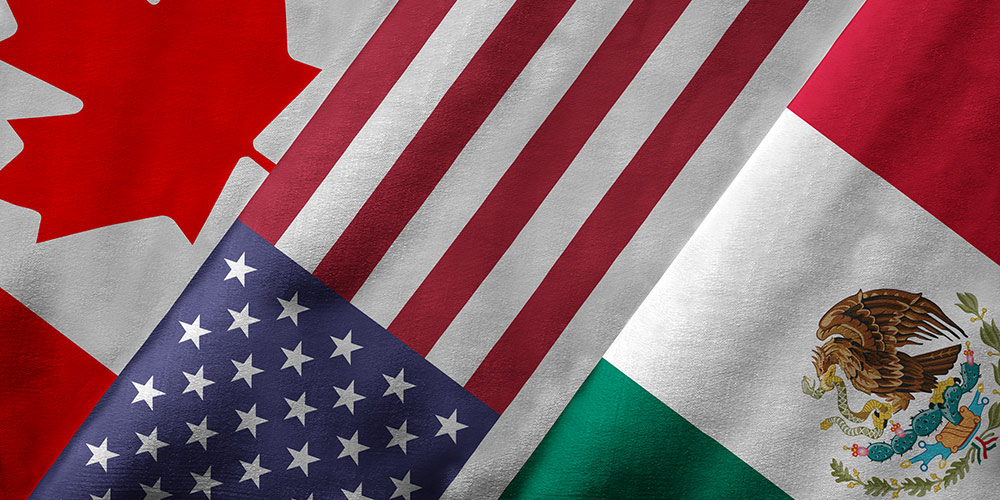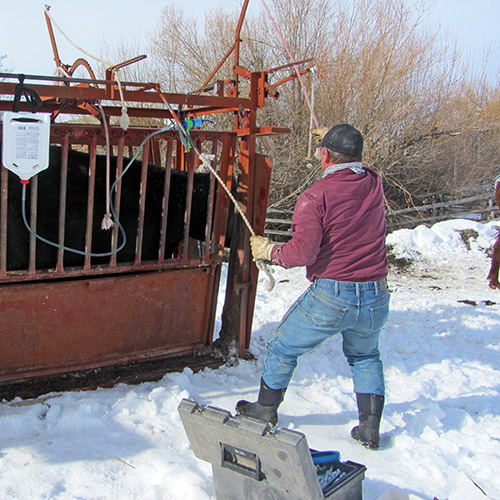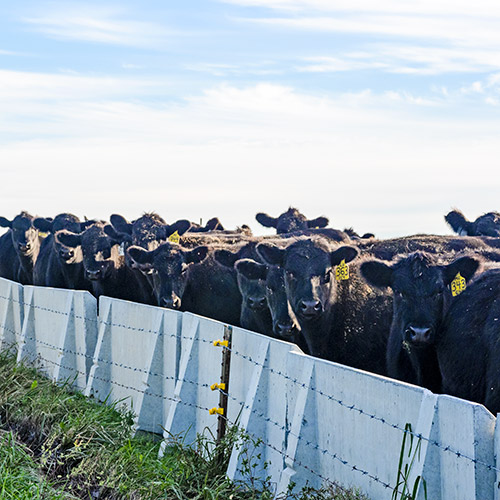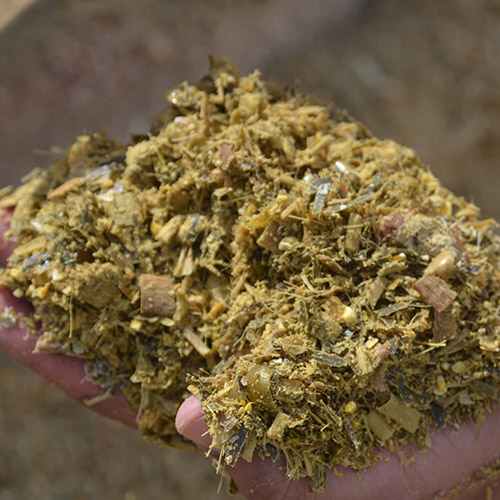
USMCA Signed
USMCA signed, but all three countries must approve domestically.
On Nov. 30 the leaders of the United States, Mexico and Canada signed the U.S.-Mexico-Canada Agreement (USMCA) on the sidelines of the G-20 meeting in Argentina. The USMCA maintains unrestricted, duty-free trade for beef and cattle in North America. It also maintains science-based trade standards.
All three countries must complete their own domestic processes before the USMCA comes into force. In the United States, Congress will need to pass legislation to implement the deal. The U.S. International Trade Commission is currently conducting an investigation into the likely impacts of USMCA.
“I have often said that we live in the best neighborhood on Earth — North America — and the signing of a new trade agreement with Mexico and Canada helps cement our highly integrated relationship as nations,” commented U.S. Secretary of Agriculture Sonny Perdue. “President Trump has fulfilled a promise, which many said couldn’t be done, to renegotiate NAFTA (North American Free Trade Agreement) and improve the standing of the entire American economy, including the agriculture sector.”
According to Perdue, the USMCA makes important specific changes that are beneficial to U.S. agricultural producers. There is greater access to the Mexican and Canadian markets and lowered barriers for many U.S. products.
He added that the deal eliminates Canada’s unfair Class 6 and Class 7 milk pricing schemes, opens additional access to U.S. dairy into Canada, and imposes new disciplines on Canada’s supply management system. The agreement also preserves and expands critical access for U.S. poultry and egg producers and addresses Canada’s discriminatory wheat grading process to help U.S. wheat growers along the border become more competitive.
“This is good news for American farmers, and we now need Congress to follow suit and enact the necessary implementing legislation. I commend President Trump and our U.S. Trade Representative, Ambassador Lighthizer, for their perseverance, leadership and hard work.”
National Cattlemen’s Beef Association (NCBA) President Kevin Kester said: “With the signing of the U.S.-Mexico-Canada Agreement, U.S. beef producers are one step closer to knowing that unrestricted, science-based trade will continue in North America. The agreement brings the trading relationship with our neighbors into the 21st century — and clearly rejects the failed beef and cattle trade policies of the past. Open markets have helped U.S. producers flourish and created billion-dollar markets for U.S. beef. We look forward to working with Congress to get USMCA passed into law as quickly as possible.”
Texas rancher and NCBA member Kelley Sullivan participated in the public hearing to explain how the agreement will benefit U.S. producers.
Conversely, the National Farmers Union (NFU) did not agree that the deal provides a fair-trade framework for family farmers and restores sovereignty to the United States. NFU President Roger Johnson urged Congress to demand the administration make changes to the deal before ratifying it.
“The reworked agreement makes improvements to eradicate ISDS — the dispute settlement system that gives corporations an unwarranted advantage over citizens — yet the agreement maintains ISDS provisions for some oil and gas companies,” he explained. “While this is the first U.S. trade pact to include rules on currency manipulation, these rules lack the teeth they need to be effective. As of right now, only the transparency requirements are binding.”
Johnson added that the USMCA ignores the sovereignty Americans have lost as part of NAFTA with respect to food labeling. He says Canada, Mexico and multinational meatpackers pressured Congress, using NAFTA provisions, to scrap country-of-origin labeling for beef and pork. NFU contends that these labels should be allowed under a new USMCA.
“It is Congress’s constitutional duty to regulate international trade, including implementation of trade agreements that benefit U.S. citizens. NFU urges Congress to ensure the administration negotiates improvements to USMCA to create a fair trade framework that benefits family farmers, ranchers and rural communities.”
Editor’s note: This article is compiled and edited from press releases from the USDA, NCBA and NFU.



















